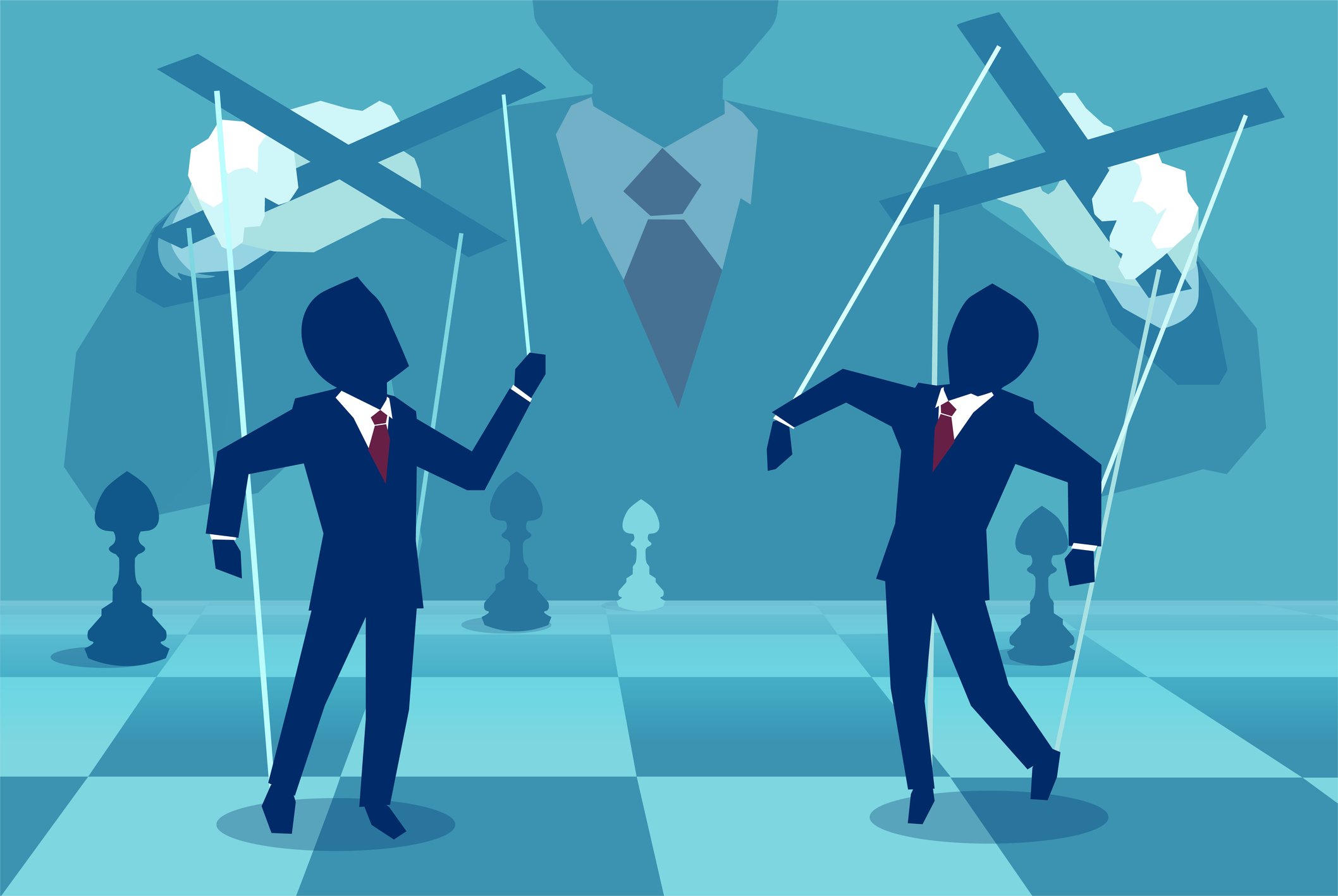The objective is to teach the brain that there is a time dedicated to rumination, according to Véronique Bellemare Brière, somnotherapist, President and Founder of the SOMNA Institute.
Around 1 in 3 French people have difficulty falling asleep in the evening. This is what doctors call “initial insomnia” or “sleep onset insomnia.” They are often caused by ruminations and intrusive thoughts that keep the brain in a state of alertness and stress. This increases the level of cortisol (stress hormone) which acts as a brake on falling asleep. “The hormonal “balance” is thus unbalanced: the weight of cortisol is too heavy to allow melatonin (the sleep hormone) to tip the body towards sleep.“, underlines Véronique Bellemare Brière, somnotherapist, President and Founder of the SOMNA Institute.
There are tricks you can do once you go to bed to help your brain fall asleep. For example, the “cognitive shuffle” involves doing mental exercises that require cognitive effort without an emotional connection, such as spelling a long word backwards. “I have a little trick that often makes people laugh, which is trying to spell the word “unconstitutionally” backwards. We start with the T, the N, the E, then we work backwards but I assure you that you will fall asleep before you finish. The goal of this little exercise is to stop the brain from wandering and focusing on anxiety“, summarizes our interlocutor.
But according to the sleep expert, the most effective solution is to use a “rumination notebook”. It’s about taking 10 minutes during the day, ideally after lunch, to write down all the thoughts that are looping around. The method consists of listing these thoughts in one column and reformulating them in a less anxiety-provoking way in a second column. For example, instead of “I have so much work to do tomorrow that I’ll never get through it. I’m overwhelmed and I’m going to fail“, write instead: “I have a busy schedule, but I can list my tasks and tackle them one by one. I’ve handled busy days before and I can do it again.” The goal is to teach the brain that there is a dedicated time for rumination, which reduces the need to do it at bedtime.
This tool is particularly useful for daily concerns, but the speaker specifies that for deeper traumas, psychological therapy is more appropriate. More generally, preparing for sleep begins well before going to bed. Creating a relaxing routine signals to your brain that it’s time to rest, while exposure to daylight and fresh air plays a crucial role in regulating your body clock, making it easier to fall asleep once evening arrives.









